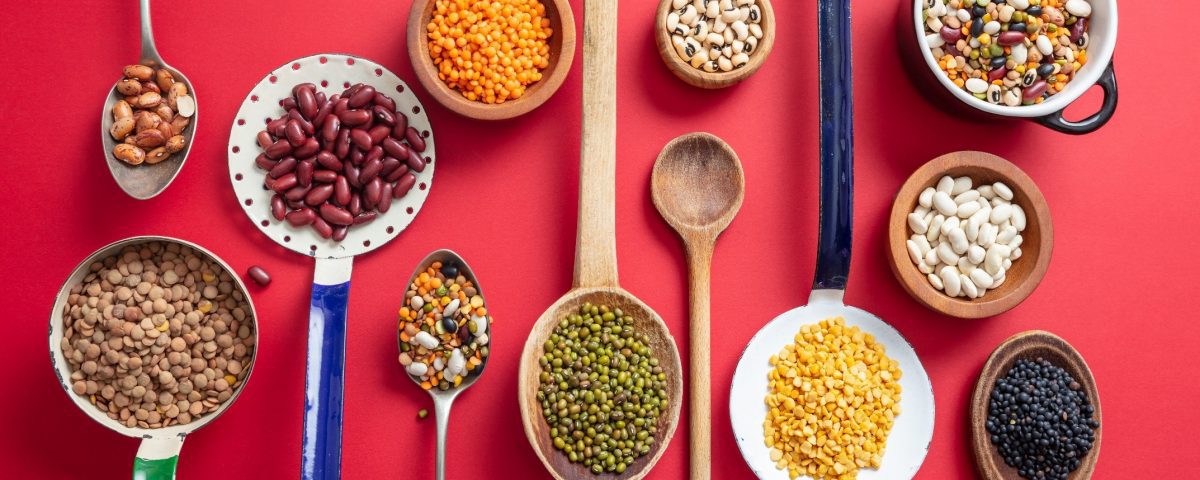
Weight loss surgery
July 23, 2021To maintain a healthy weight for a lifetime after bariatric surgery, it is important to make good food choices and eating a balanced diet. For this, your bariatric surgeon can help you to create a post-bariatric surgery diet plan. Sufficient protein intake is required after bariatric surgery. In India majority of people are vegetarian, and hence including pulses and legumes in the diet is essential to fulfilling daily protein needs.
Pulses contain many essential nutritional values apart from proteins.The amount of calories per 100g of pulses is almost similar to that of cereals but they give about 20 to 25% more protein as compared to cereals. Pulses also contain calcium, zinc, magnesium, potassium, iron and phosphorus.
Pulses are edible fruits or seeds of pod-bearing plants. There are various types of pulses are available that can be used in various ways and are an important part of every Indian kitchen, like Legumes (rajma, chholey, chana, lobia), husked-whole pulses (moong sabut, masoor sabut and urad sabut dal) and dehusked pulses (moong dal, masoor dal and arhar dal).The per 100 g calorie content of legumes ranges between 315 to 372 Kcal. Legumes are rich in proteins and protein content ranges from 17 to 25 gram/ 100gram. They are excellent source of B-complex vitamins. Rajmah and Soyabean contain high level of antioxidants.
Pulses also help to maintain blood sugar level due to their low glycemic index and provide more satiety than cereals due to the high protein content.
Nutrition value gets improved during the sprouting process. Also during sprouting Vitamin C is synthesized in Pulses, as much as that sprouts can be substituted for fruits.
The germination process enhances the concentration of n-3 and n-6 fatty acids, specially linoleic and linolenic acid and also PUFAs (polyunsaturated fatty acids) like EHA and DHA.
There are some pulses and legumes that actually help in lowering high cholesterol levels like Cowpeas (lobia), black gram (urad sabut dal) and Bengal gram (kala chana).
Fermentation of pulses improves amino acid levels. Batters made from Fermentation of pulse, like idli and dhokla, improves nutritional value by increasing vitamin C and B-vitamins. Also, phytates present in legumes play vital role in reducing risk of colon and breast cancer.
One medium Katori cooked pulses and legumes provides 4 to 6 g protein. Therefore 2 serves should be included daily in the diet. Due to all these health benefits, after bariatric surgery vegetarian patients must include pulses and legumes to their daily diet to meet daily protein requirements.
You can include variations like cooked pulses, sprouts, pancakes, cheeses, dhokla, kadhi, and sambhar to make your food interesting. But avoid overuse of oils and fats while cooking pulse-based preparations to keep calorie intake under control.
“Don’t Dig Your Grave with Your Own Knife and Fork”
Dr. Sadashiv Chaudhari is amongst the recognized surgeon for Obesity, Morbid Obesity, Hernia surgery and Gall stone surgery by means of laparoscopy located in Mumbai (Maharashtra- India).


